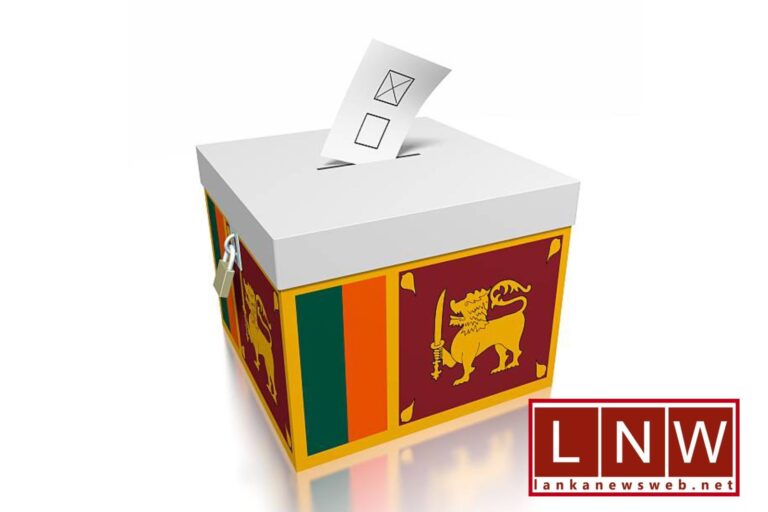November 15, Colombo (LNW): The voting results of Panadura Electorate of Kalutara District are as follows;
National Peoples Power (NPP): 59,128 (70.6%)
Samagi Jana Balawegaya (SJB): 13,491 (16.11%)
Sri Lanka Podujana Peramuna (SLPP): 3,229 (3.86%)
New Democratic Front (NDF): 2,781 (3.32%)


